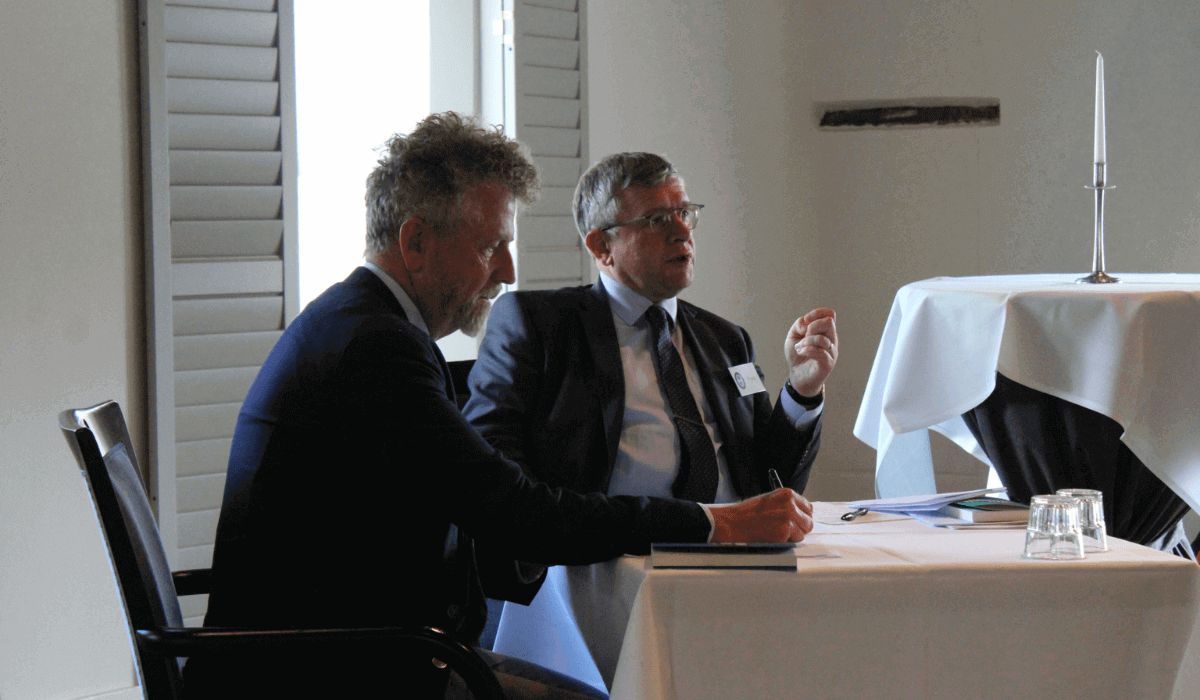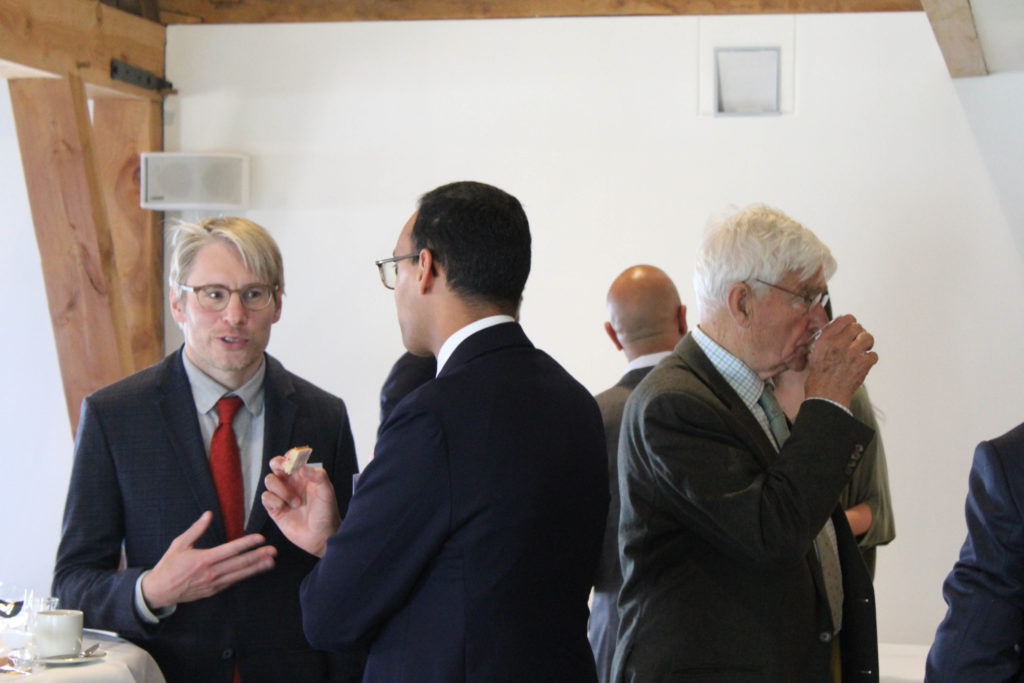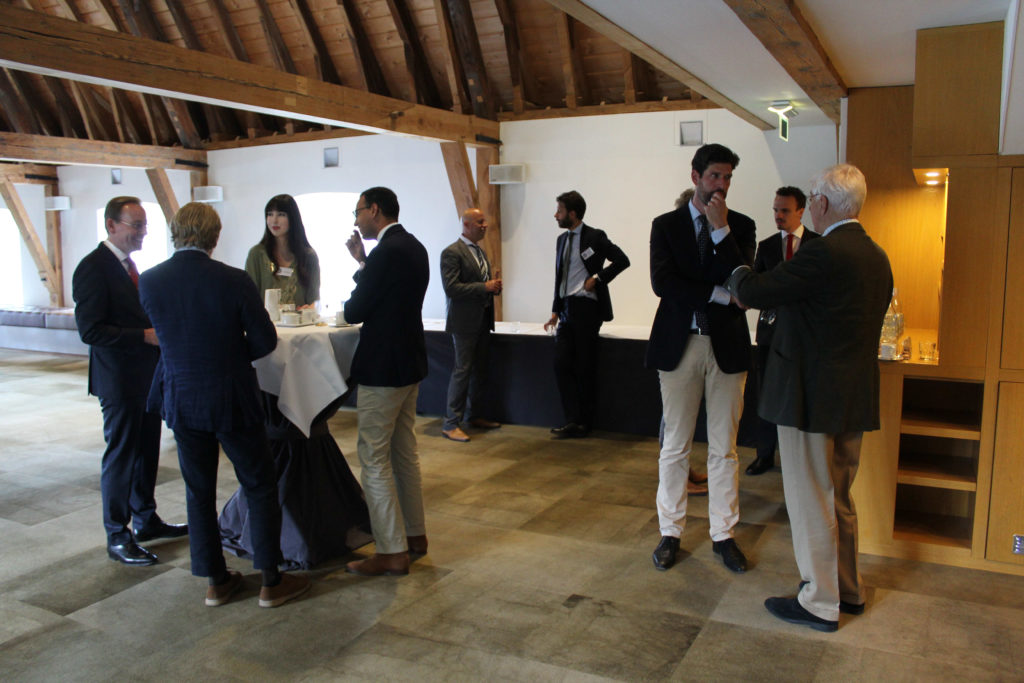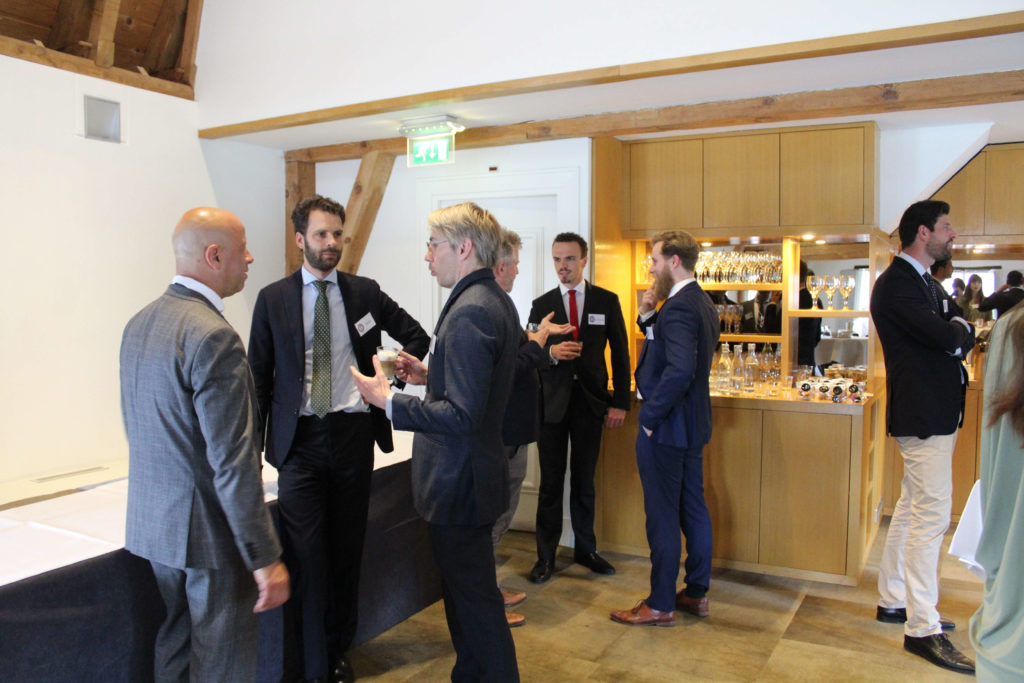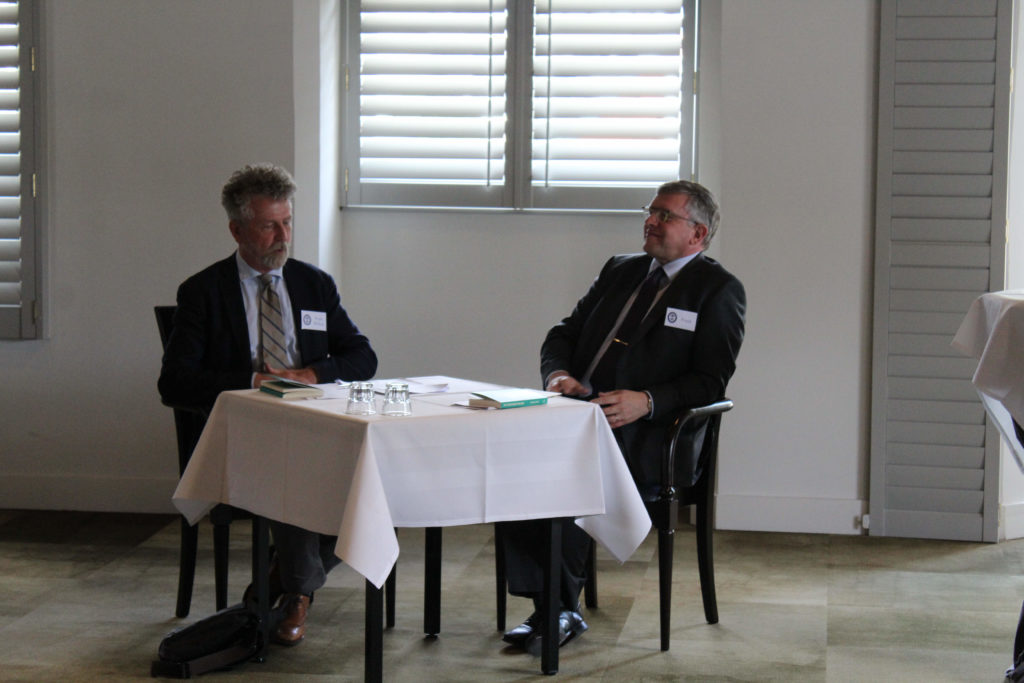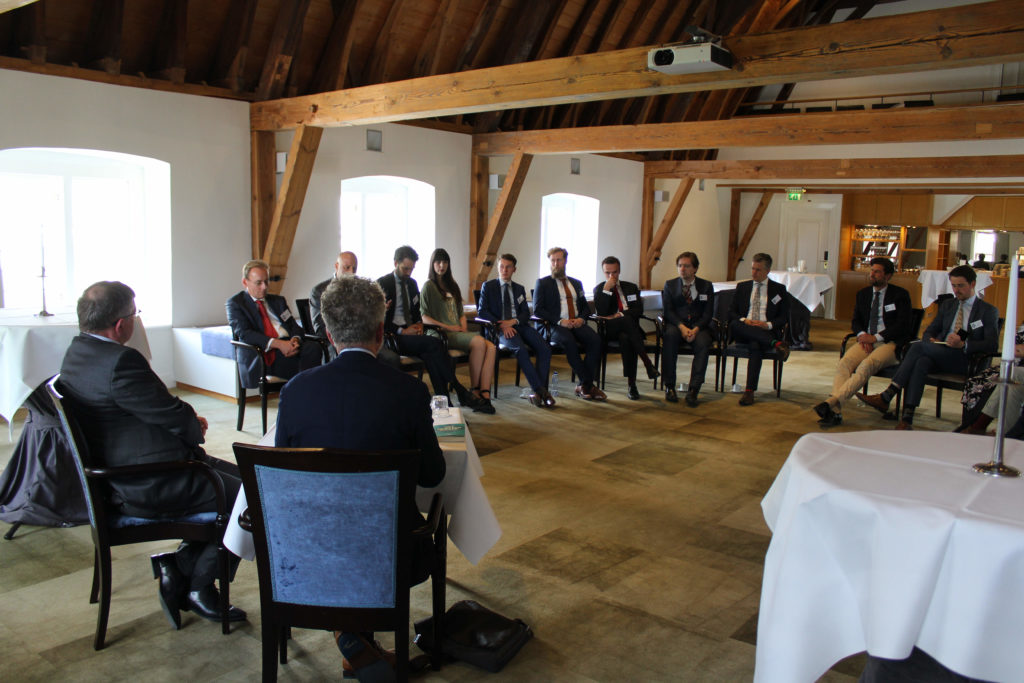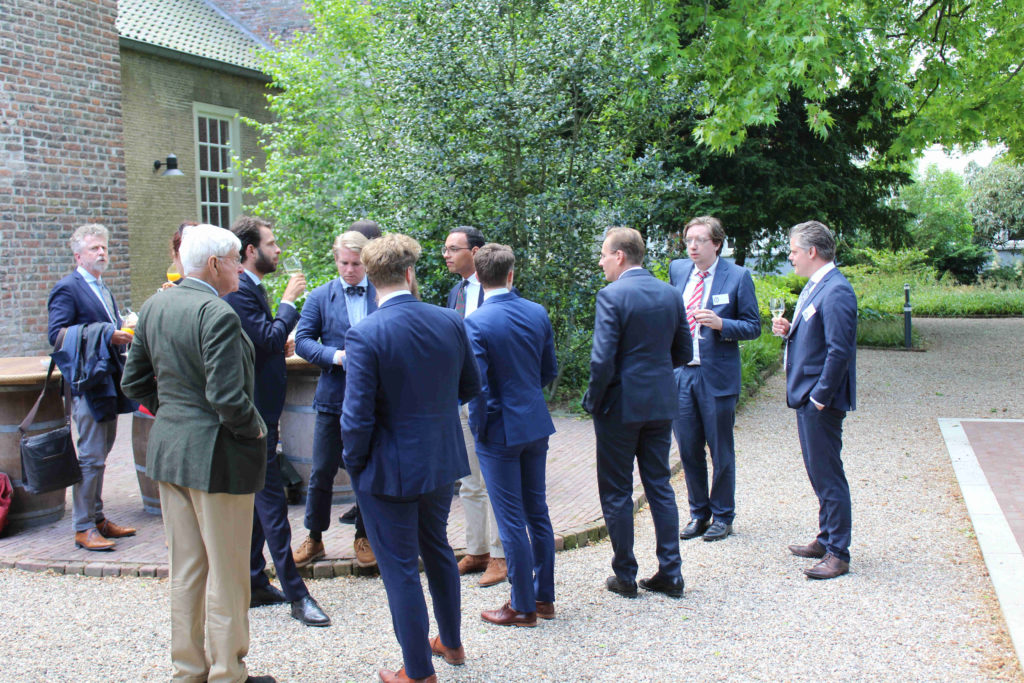On Saturday, May 28, the Flemish lawyer and author Frank Judo was our Salon Guest. At Hotel Karel V in Utrecht, he was interviewed by Dr. Frans Willem Lantink about his book Worth preserving. Wandering through a conservatism along 21 misunderstandings. As the title already suggests, the conversation was mainly about Judo’s vision of conservatism, and which misunderstandings he believes exist in the public debate about conservatism. After the interview there was room for questions.
What did we discuss?
Nowadays, the public image of conservatism is more or less the inverse from a hundred years ago. Ask any passerby about the characteristics of conservative thought, and he will probably say that conservative parties want to act against ‘the elite.’ In addition, today’s conservative would be thought to place democracy above the rule of law, and to see the nation-state as the most important administrative entity. These views are the opposite of, for example, those of Metternich, who is considered one of the leading representatives of conservative thought of his time.
Conservative thinking, moreover, is often overly politicized, even by conservatives themselves. Of course a conservative values good governance, but enforcing social change through politics would be contrary to conservative thought. Rather, conservatism seeks to provide a framework for the lives of ordinary people, who thereby shape society as a whole. In doing so, conservatism is not against change, but stands for rooted development that benefits society. In this sense, it is essentially counter-revolutionary: it does not stand for conservative revolution, but wants to be the opposite of revolution.
A conservative notion that should be more strongly present in thinking is the realization that man is fallible. This realization disposes to humility, and therefore it befits the conservative not to deal dogmatically with the past. It is not power that corrupts man; the corrupt is already in man. According to some, over the past half century among conservatives themselves this fallibility manifested itself, for example, in the lack of attention to sustainability and conservation, barring exceptions such as Roger Scruton. Conservatives are also said to have embraced secularism too radically, to counter the alleged Islamization of the West.
What may we conclude?
There are misunderstandings about conservatism among both its proponents and opponents. It would benefit conservative thinking if its proponents continued to develop themselves, and debate the fundamental issues. Because humans are inherently fallible, conservatives should not cling to idealized images of the past, nor should they outline utopias for the future. Above all, conservatism is about preserving that which is good, and for that reason worth preserving.
